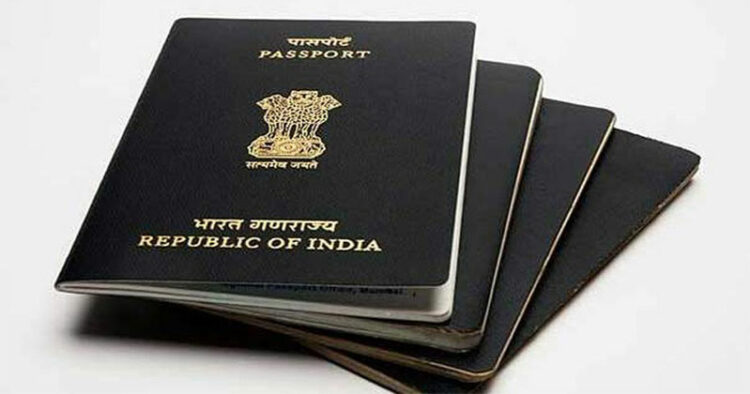The Jammu and Kashmir Police utilise a new ‘strategic initiative’ to successfully tackle terrorism in the Kashmir Valley and ensure the defeat of sinister tactics of the Inter-Service Intelligence (ISI).
On March 12, 2023, the strict action taken by the Jammu and Kashmir Police put brakes on Pakistan’s ISI (Inter Service Intelligences) strategy of allowing Kashmiri Youth to travel to Pakistan through passports and infiltrating Kashmir Valley along with mercenaries after subsequent terrorist training.
The J&K Police have implemented a new regime with additional checks and balances. The police officials are entrusted with the process of background checking or verifications for passports.
The police will use digital evidence such as CCTV footage, photographs, videos audio clips and quadcopter images available in police station records. In addition, the police will check if any youth has been involved in stone pelting and law and order complaints records.
The security agencies have carried out a massive exercise of identifying youths who had crossed over to Pakistan using passports and sneaked through the 724 km LOC which stretches from Karnah in north Kashmir to Poonch in the Jammu Region.
Citing interrogation reports of several Kashmiri youth arrested after infiltrating the Union Territory, the police officials have reported that the ISI is providing and pressurising terrorists to get the youth of the Valley by any means, be it educational, religious, or social purposes.
Terror groups have also not spared Kashmiri youths who went to Pakistan for higher studies. This prompted the University Grants Commission (UGC) and All India Council for Technical Education (AICTE) to that students having degrees from Pakistani Universities will not be eligible for pursuing higher studies in India.
Be it the ‘savari’ concept wherein unsuspected passengers from Samjhauta Express were used by the ISI to pump money for terror groups as well as fake Indian currency notes to weaken the Indian economy and supply of narcotics, arms, and ammunition through trade along the Line of Control.
According to officials, the passports issued between 2015 to 2018 were scrutinised and it was found that the sixty youths, who were active in terror ranks had used the travel document to visit Pakistan and later joined terror ranks.
One such example is that of Sajad Ahmed Sheikh alias Sajid Gull, a resident of Srinagar, who was involved in the killing of Shujat Bukhari, the editor in Chief of Local Daily in 2018.
The Union Home Ministry had designated Sheikh as a terrorist and the National Investigative Agency (NIA) had announced a reward of ten lakh rupees for information leading to his arrest.
Initial alarm bells were raised when the security forces during the encounter in 2019. One of them was identified as Shakir Altaf Bhatt who left India for higher studies in Pakistan, but he never came home.
As many as 26 youths had either been killed in combat or infiltration by the security forces. Attempts were made to speak with family members of slain terrorists, but none of them was willing to talk about it and expressed remorse.
Six of them were active in Kashmir Valley, whereas four were handed over to their families after they were proven innocent. They also helped the security forces in revealing the nefarious ideas and plans of terror leaders sitting on the other side of the border.
Many youths who went to Pakistan to study have not returned to their homes yet and have disappeared. Most of the youth come from average middle-class families. Their recruitment has been discreet all the while.




















Comments